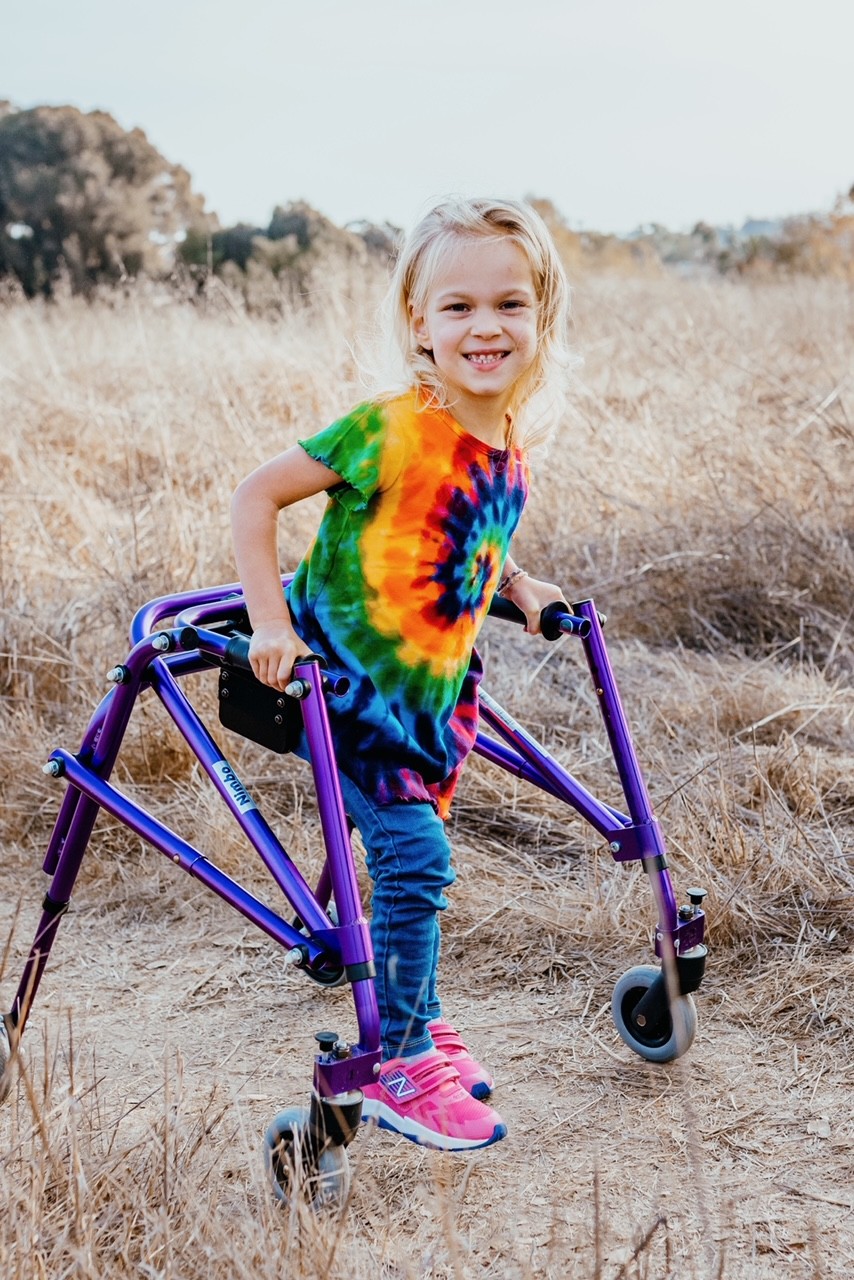Types of Early Intervention Therapists






Child Development Specialist
Child Development Specialist
The child development specialist (CDS) is qualified to work with a child and family in all areas of a child’s development. The CDS will work closely with the family as a part of a multidisciplinary team. He/she will help the family identify and work towards developmental milestones, offer informational resources and suggest activities that are imbedded into daily routines to best support the child in their developmental goals. The CDS will also assist the family in connecting to other support services and advocating for their child as necessary. The CDS will complete standardized assessments in six developmental areas: Fine motor/perceptual, Gross motor, Cognitive, Language, Social/Emotional, and Self-Help (feeding, dressing/hygiene, and toileting).
Early intervention may be provided for services across all areas of development. The early interventionist (also referred to as a Child Development Specialist) will work closely with the family as a part of a professional team to best help the child. He/she will help the family know developmental milestones, offer resources of information such as activities to best support the child and to assist to link them to other support services as necessary. This includes suggesting and helping to implement these activities into their daily routines. Assesses the development in six areas: Fine motor/perceptual, Gross motor, Cognitive, Language, Social/Emotional, and Self-Help (feeding, dressing/hygiene, and toileting).
Occupational Therapy
Occupational therapy may be provided to help a child with needs in the following areas: fine motor skills, sensorimotor including sensory processing/sensory integration, oral motor/feeding, reflexes, muscle tone, neurodevelopmental functions, functional skills including socio-emotional developmental needs, and equipment needs including adaptation or modification needs. The occupational therapist will also help with participation in daily activities such as routines with bath-time, dressing, eating, and diapering.
Occupational therapy may be provided to help a child with needs in the following areas: fine motor skills, sensorimotor including sensory processing/sensory integration, oral motor/feeding, reflexes, muscle tone, neurodevelopmental functions, functional skills including socio-emotional developmental needs, and equipment needs including adaptation or modification needs. The occupational therapist will also help with participation in daily activities such as routines with bath-time, dressing, eating, and diapering.
Occupational Therapy


Speech Therapy
A Speech therapist may help children with a variety of speech challenges such as fluency, articulation, pragmatics, and expressive and receptive language skills. Supports are offered to capture their child’s attention and to facilitate communication. Provides information and strategies to families regarding speech and language impairments, feeding and swallowing difficulties, and means of communicating. Speech therapy helps families utilize communication strategies within the context of their day.
A Speech therapist may help children with a variety of speech challenges such as fluency, articulation, pragmatics, and expressive and receptive language skills. Supports are offered to capture their child’s attention and to facilitate communication. Provides information and strategies to families regarding speech and language impairments, feeding and swallowing difficulties, and means of communicating. Speech therapy helps families utilize communication strategies within the context of their day.
Speech Therapy


Physical Therapy
A Physical therapist helps children in Early Start to utilize therapeutic activities to help identify and address tonal and musculoskeletal issues, asymmetries in movement (favoring one side), positioning equipment, orthotics recommendations, and balance and mobility concerns. They work with families to teach and help implement the techniques within the child’s day.
A Physical therapist helps children in Early Start to utilize therapeutic activities to help identify and address tonal and musculoskeletal issues, asymmetries in movement (favoring one side), positioning equipment, orthotics recommendations, and balance and mobility concerns. They work with families to teach and help implement the techniques within the child’s day.
Physical Therapy


Early Start/Early Intervention Therapy
